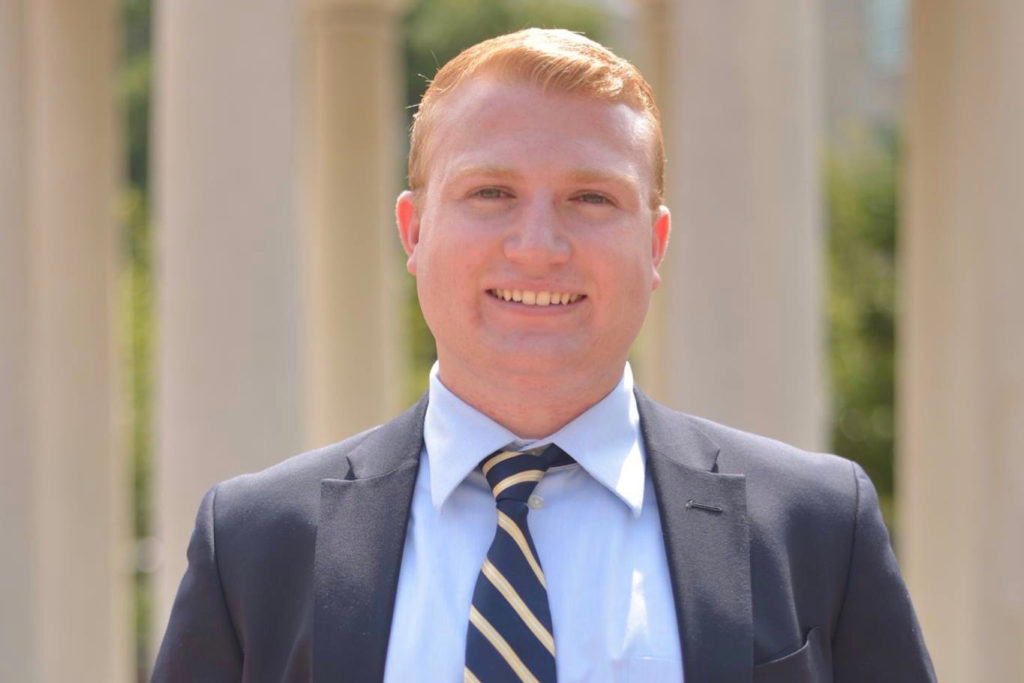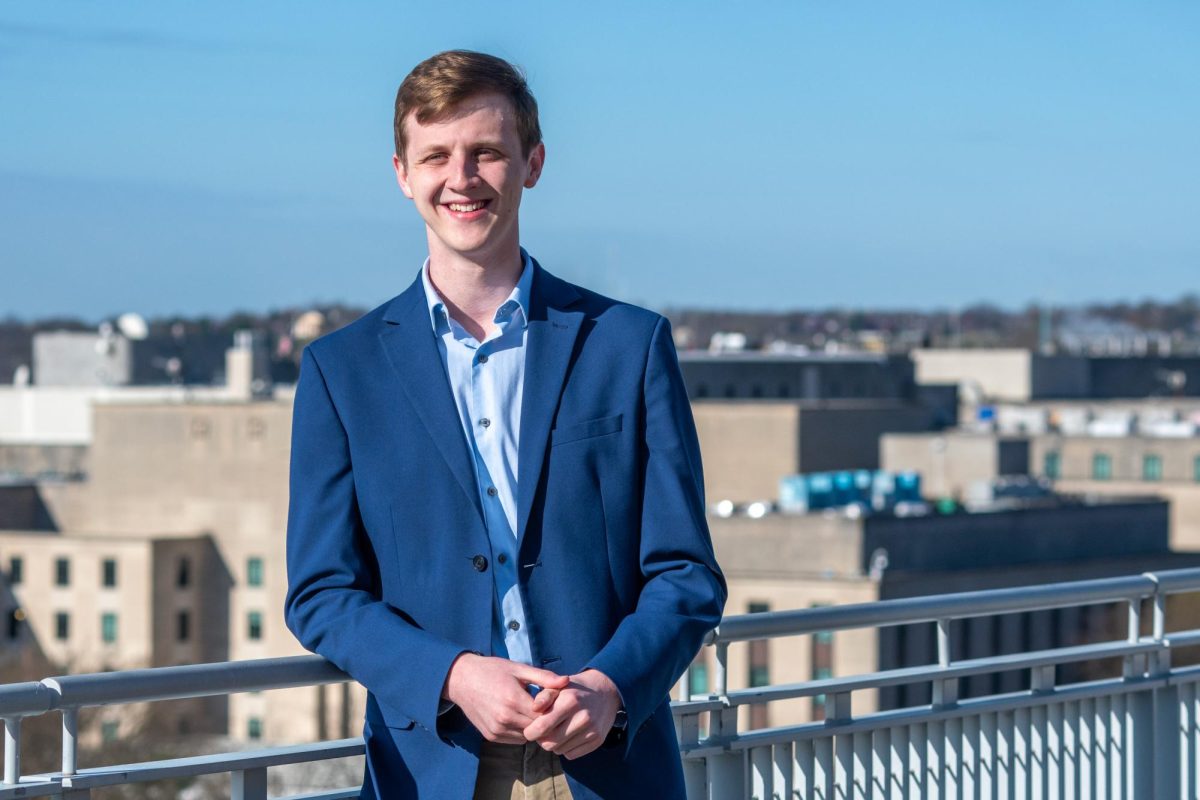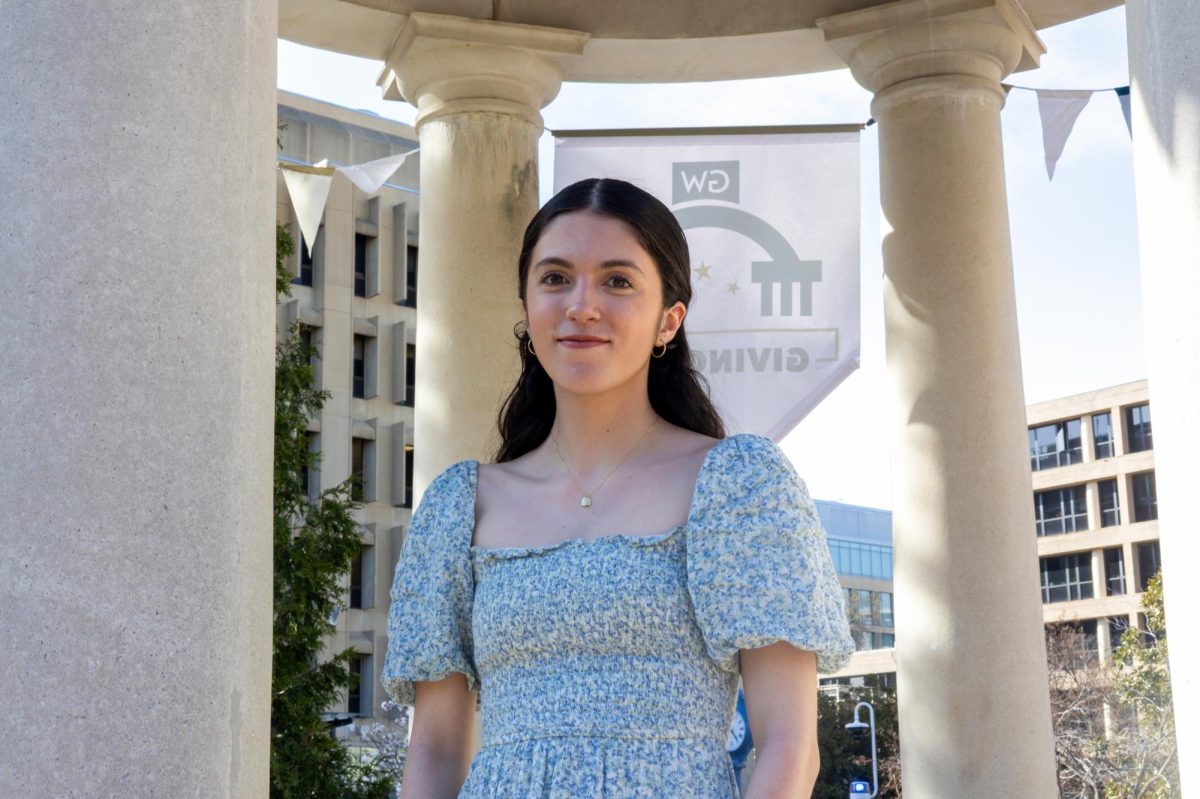Members of the Student Association’s recently established graduate student caucus said they intend to boost the visibility of graduate issues through more direct communication between students and officials.
SA Sen. Sebastian Weinmann, Law-G and the caucus chair, said he established the graduate student caucus to ensure graduate students have a “unified body” to advocate for graduate-specific issues, like connecting students across graduate schools with administrators. He said the caucus will advertise resources available at the University to graduate students and continue advocating for a 10 percent tuition reduction like the one undergraduate students received this semester.
“For far too long graduate students’ voices have been diminished or completely ignored by the SA and University, despite the majority of the GW student body being graduate students,” Weinmann said.
He said he wants to break down the assumption that the SA only serves undergraduate students by bringing in more graduate students from outside the SA into the body. The new caucus comes on the heels of an SA referendum last semester in which nearly 70 percent of students voted to divide the SA into separate undergraduate and graduate bodies.
Weinmann added that the caucus will work with graduate student organizations who need help directing their concerns to administrators in each graduate school. He said himself plus the three members currently on the caucus will “likely” meet once a month.
“Graduate umbrella organizations are quite effective at advocating for their constituencies to their schools’ administrations,” Weinmann said. “However, they, to no fault of their own, often have little knowledge or experience in navigating the University-at-large bureaucracy.”
SA Sen. Thomas Falcigno, CPS-G and a member of the caucus, said he will aim to increase graduate student participation in the SA by informing graduate students who had applied for senate positions but were not selected for the seat that they can still be involved with the SA via the caucus. He said the SA received a record number of applications for vacant graduate positions this year.
“My goal really is how we can get graduate students involved in the SA – that’s one of my top priorities for this caucus,” he said. “And also how we can make sure that if we are not currently accessible to grad students, how can we make ourselves accessible to grad students?”
He said recent changes to the SA, like pushing back legislative votes to the end of SA meetings this year, allows more graduate students to vote because their classes sometimes run past the senate’s 9 p.m. start time for meetings. In previous years, legislative voting took place at the start of the meetings or was held immediately after discussing the legislation.
“Figuring out additional ways in our bylaws in the way that we set ourselves up to be more accessible to grad students is something I think goes hand-in-hand with getting more grad students involved in the SA,” Falcigno said.
SA Sen. Gabriel Young, CCAS-U and a co-sponsor of the bill that created the caucus, said the caucus will help connect graduate students with the University by serving as a space for the group to discuss their concerns without input from undergraduates, who may have a poor grasp of graduate student life.
“By actually focusing on the issues that graduate students collectively agree on, then that’s the best way for them to be able to promote and meet with administrators or find people who actually are on focus and on task with the problems that they are trying to solve within graduate schools,” Young said.
He said as an undergraduate student being conscious of the spaces reserved for graduate students and allowing them to discuss among their peers without undergraduate intervention can help support the caucus as a whole. Young said he plans to talk with graduate students that are involved in similar extracurriculars as himself and encourage them to sit in on meetings and join the caucus.
“A lot of times the most exposure I get to graduate students is through social media, through Overheard at GW and Facebook,” Young said. “And so I think this would be a great way of putting it out there and letting people know and be informed that there is a place for them at the GW Student Association table.”
Lauren Sforza contributed reporting.








